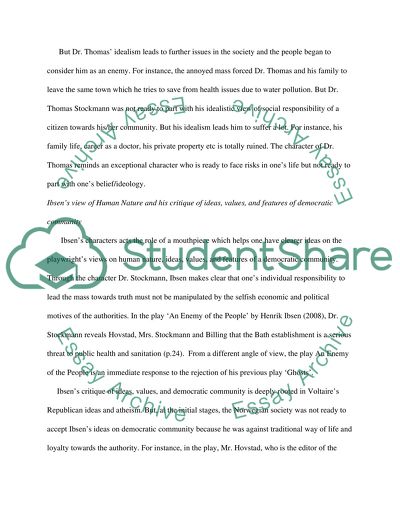Cite this document
(An Enemy of the People Analysis Essay Example | Topics and Well Written Essays - 1750 words, n.d.)
An Enemy of the People Analysis Essay Example | Topics and Well Written Essays - 1750 words. https://studentshare.org/literature/1564142-an-enemy-of-the-people
An Enemy of the People Analysis Essay Example | Topics and Well Written Essays - 1750 words. https://studentshare.org/literature/1564142-an-enemy-of-the-people
(An Enemy of the People Analysis Essay Example | Topics and Well Written Essays - 1750 Words)
An Enemy of the People Analysis Essay Example | Topics and Well Written Essays - 1750 Words. https://studentshare.org/literature/1564142-an-enemy-of-the-people.
An Enemy of the People Analysis Essay Example | Topics and Well Written Essays - 1750 Words. https://studentshare.org/literature/1564142-an-enemy-of-the-people.
“An Enemy of the People Analysis Essay Example | Topics and Well Written Essays - 1750 Words”. https://studentshare.org/literature/1564142-an-enemy-of-the-people.


